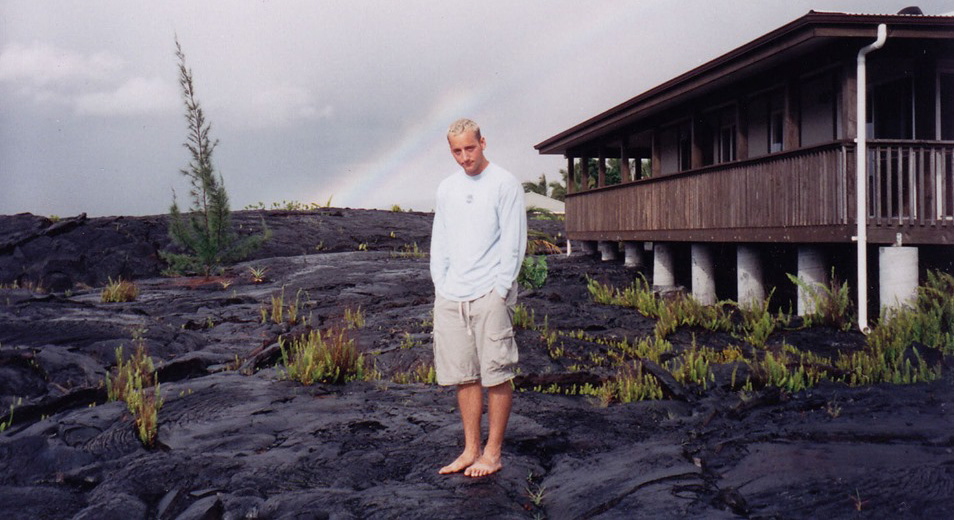By Mark Ellis —
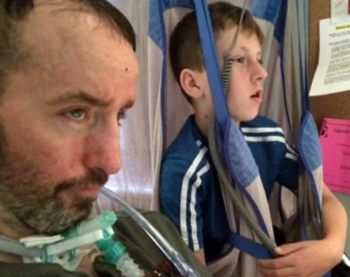
He fought Lou Geherig’s disease for the last six years, but elected to die after administrators refused to pay for 24/7 in-home care. Sadly, they paid for him to be euthanized on August 6th at age 41.
ALS patient Sean Tagert was born in Texas to an American father and Canadian mother, but grew up in British Columbia, ultimately settling in Powell River. He and his ex-wife lived briefly in Arizona. Tagert leaves behind an 11-year-old son, Aidan.
Vancouver Coastal Health offered him 15.5 – 20 hours of home care under the Choice in Supports for Independent Living program but not the 24-hour care his doctor said he needed, according to the Canadian Broadcast Company News (CBC News).
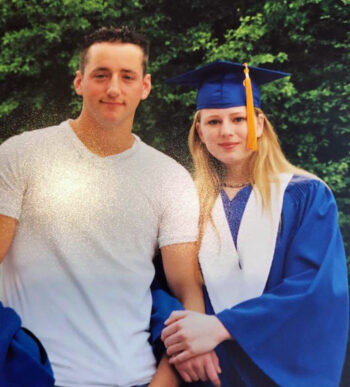
Vancouver Coastal Health, which is run by the government of British Columbia, controls spending based on standards set by federal regulators.
While the government refused to pay for his 24-hour in-home care, it offered to relocate him to a facility in Vancouver, nearly five hours away from his home. The move would have required him to be separated from son Aidan, of whom he shared custody.
“Above all else Sean was devoted to his son, Aidan,” his family posted on Facebook after his passing. “Sean often said that Aidan was his reason for living, and had a close relationship with him right to the end.”
Also, the facility offered to him was not equipped to care for patients who are on a
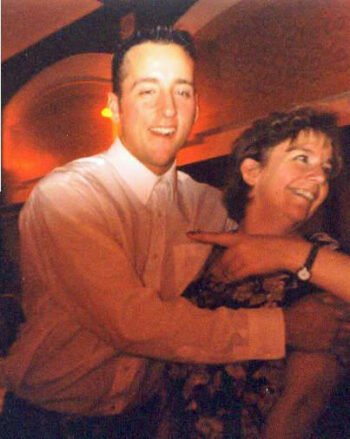
ventilator, lack the ability to move their bodies, and need daily tracheostomy care, including suctioning fluid from the lungs.
“It would be a death sentence,” Tagert told CBC News last September. At that time, Tagert said he needed an extra $263.50 per day to remain in his home.
His doctor said the same quality of care could not be replicated at the other facility because it didn’t offer one-on-one hourly care and has a “constantly changing staff.”
“People need to be cared for like human beings, at home … they should not be warehoused away in facilities,” Tagert’s mother, Trish Mennitti, told CBC last year.
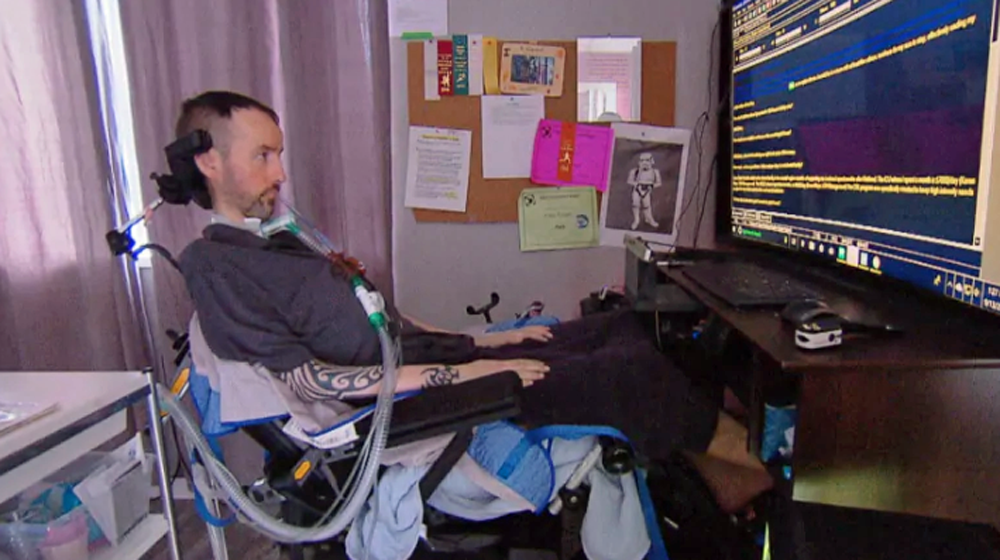
Tagart previously exhausted his savings to pay for necessities in his home, including a power wheelchair, a mechanical sling to help him get in and out of the shower, and an EyeWriter that enabled him to communicate with his family and caregivers.
“My last year and a half struggle to get doctor ordered 24-hr home care is well documented,” Tagert noted on Facebook July 29th. “Failure. They don’t even respond to that anymore. Complete silence.”
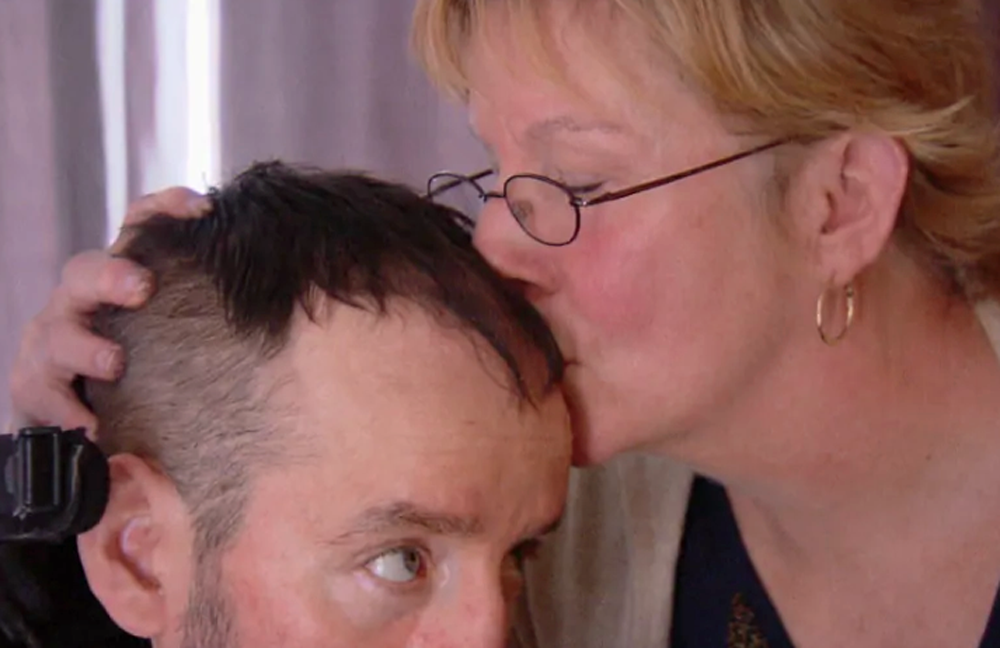
“There are approximately 400 British Columbians with ALS,” Tagert continued on Facebook. “George Pearson (government approved facility) had three. Evergreen (another government-approved facility) had one. That means that roughly 395 British Columbians with ALS just go home and die, every year.
“Why? Because – There is not one single extended care unit in BC offering anything but the most hellish, slow, tortuous death imaginable. So when diagnosed with ALS, people, mostly seniors, just immediately resign themselves to death. Some go in as quickly as a year.
“Don’t believe it’s that bad? Read on. You only get scheduled bowel movements (in the) bathroom every three days, they tell you straight up you could be sitting or laying in your own feces for up to 24 hours…once a week bath . If you want a second you have to pay.
“Your children are not allowed to spend the night with you.
“They actually warn about theft in their brochure, but then they said they couldn’t guarantee my equipment wouldn’t be stolen.
“I can’t keep my chair in the room. So the position would be changed every night, which is a huge deal getting up in the morning for positioning. Can’t eat healthy, mass prepared formula only.
“They don’t increase night support, they reduce it. Which is the reverse of what advanced ALS patients need.
“Hundreds of British Columbians dying horribly every year. The only thing preventing a humane alternative is greed, lies and pathetic excuses,” he noted.
